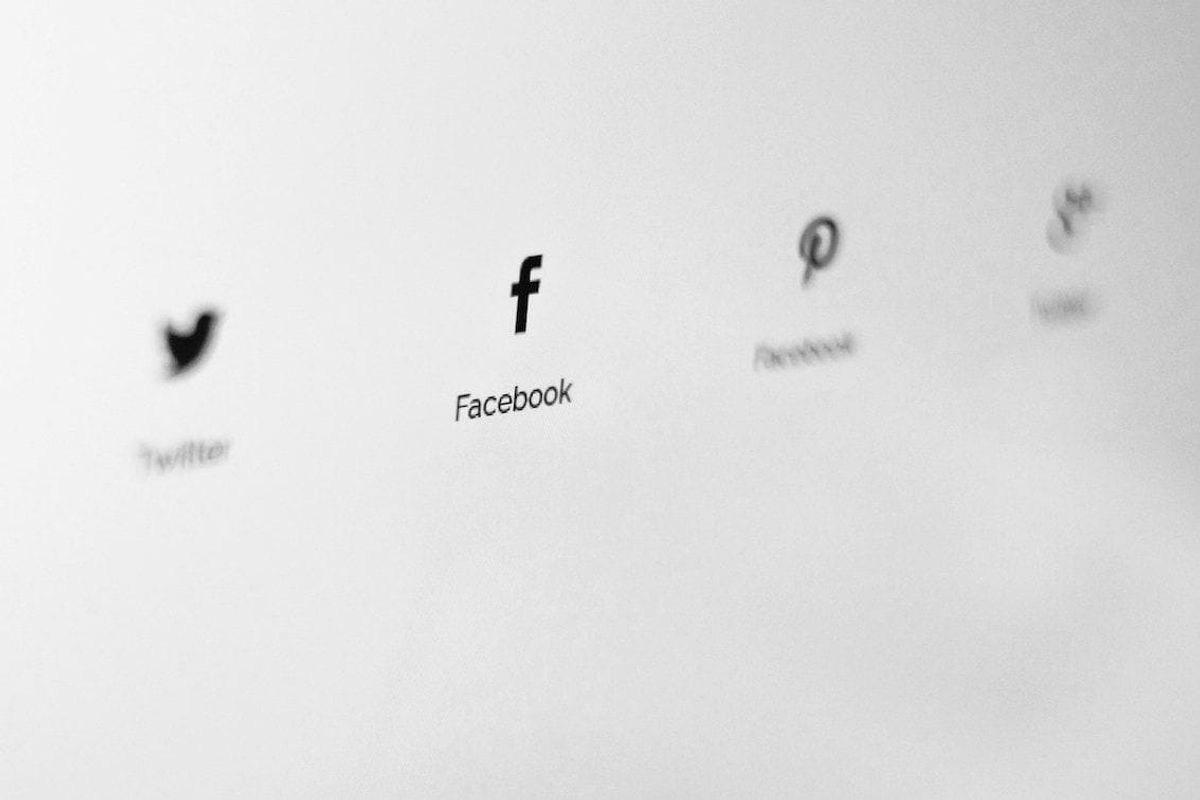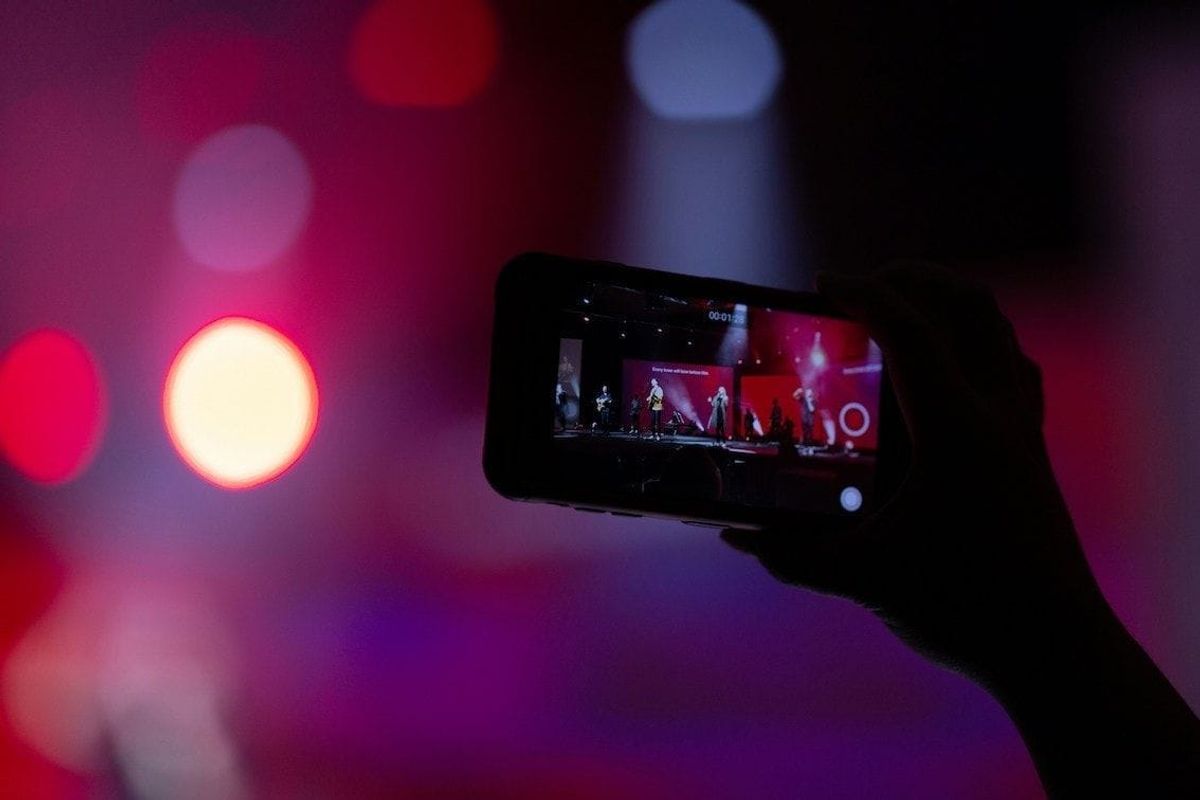Event and Party: Planning for Memorable Experiences

Planning an event and party can be a rewarding process that brings people together to celebrate, create memories, and share meaningful experiences.
Quick Summary
Effective event and party planning can greatly influence its success, enhancing brand awareness and creating memorable experiences. Clarity in goals and understanding the target audience are essential for a tailored approach. A well-structured timeline and solid budgeting ensure all elements are covered, from preparations to post-event engagement. Utilizing social media for promotion fosters excitement and connection, while feedback helps refine future events, turning ordinary gatherings into ex
Whether it's a wedding, a corporate gathering, or a casual get-together, flawless execution of an event may require careful planning and a well-developed strategy to suit specific needs.
Remember, while this guide offers some ideas, it's essential to conduct your own research to tailor these strategies to your business needs.
Ready to Grow Your Business?
Get a custom strategy tailored to your goals.
Why Event and Party Planning Matters

The ability to successfully plan an event or party can significantly impact its outcome. For businesses, an event may help boost brand awareness, celebrate milestones, or engage with clients in a more personal way. For personal events such as weddings, proper planning can turn an ordinary day into an unforgettable celebration.
An event and party strategy may involve selecting a venue, arranging tables and tents, and coordinating with vendors, which can help ensure a seamless experience for all attendees. With proper planning, the next event can leave a lasting impression on guests, turning ordinary gatherings into exceptional experiences.
Key Components of an Event and Party Plan

Define the Goals and Objectives
Before diving into details, it can be helpful to set clear goals for the event. Understanding what the event is meant to achieve—whether it's a product launch, a celebration of success, or a gathering to celebrate getting married—can provide direction to the entire planning process.
For example, if the event is focused on business growth, setting measurable objectives such as generating new leads or increasing brand awareness can help assess the event's success. Identifying clear goals may also shape the overall event and party strategy, allowing for a targeted approach to create a memorable experience.
Identifying the Target Audience
Understanding the audience is often another crucial aspect of planning an event and party. Different audiences may have different preferences, and tailoring the experience to meet their expectations can be key to success. Knowing the attendees' demographics, interests, and needs can help create an atmosphere that aligns with their preferences, whether it's about setting the right mood for a corporate event or the theme for a casual backyard party.
Previous events may also provide valuable insights into attendee preferences and behavior, guiding decisions like seating arrangements, entertainment, and menu selection for the next event.
Event and Party Timeline

Pre-Event Preparation
Creating a timeline for an event and party plan can help ensure flawless execution at every stage. Starting with pre-event preparation, the timeline may involve setting the budget, booking party rentals such as tents, tables, and linens, and coordinating with vendors.
Event planners often use social media updates and email marketing to keep guests informed. Regular updates, such as teaser videos or sneak peeks into the event preparations, may build excitement and encourage more people to attend.
Day of the Event
On the day of the event, ensuring everything is set up properly, from tents and seating to glassware and china, can be crucial. Flawless execution on the event day often depends on having the right team, logistics, and resources to handle any unexpected situations.
Managing the event flow, including guest arrivals, entertainment, and activities, may require attention to detail and flexibility to adjust based on real-time circumstances. The goal is to create a smooth, enjoyable experience for all attendees, whether it's a business event or a party celebrating a personal milestone.
Ready to Grow Your Business?
Get a custom strategy tailored to your goals.
Post-Event Engagement
After the event, engaging with attendees may help leave a lasting impression and build momentum for future events. Sharing highlights from the event, such as photos, videos, or testimonials, can keep the excitement alive and provide valuable content for promoting the next event.
Collecting feedback through surveys or informal discussions can also offer insights into what worked well and where improvements can be made. This feedback can be instrumental in refining future event and party strategies to ensure an even better experience.
Budgeting for an Event and Party Plan

Budgeting plays a critical role in ensuring that all aspects of an event and party are well-funded and effectively managed. Allocating resources for items such as venue rental, party rentals like linens and glassware, entertainment, and promotional activities can help ensure a comprehensive plan.
Resource Allocation
Breaking down the event marketing budget into specific categories may help cover all essential areas, such as social media marketing, promotional materials, and vendor coordination. An adequately allocated budget can help avoid last-minute surprises and provide enough flexibility to handle any unexpected expenses.
Partnering with sponsors or collaborating with other businesses may also help extend the budget and provide additional promotional opportunities. Sponsors may contribute financially or in-kind, such as providing products or services, which can add value to the event and reduce overall costs.
Social Media and Promotion for Event and Party

Social media can be great for promoting an event and party, building excitement, and reaching a broader audience. Platforms like Instagram, X, and LinkedIn can help share event details, updates, and behind-the-scenes content to generate interest.
Pre-Event Promotion
Before the event, creating a dedicated event page or hashtag may help centralize content and build a sense of community among potential attendees. Sharing sneak peeks, interviews with keynote speakers, or highlighting special features like entertainment or giveaways can boost engagement.
During the Event
Live updates, interactive content, and user-generated posts can help engage attendees during the event. Encouraging guests to share on social media using the event hashtag can help promote the event.
Post-Event Promotion
After the event, sharing highlights, such as memorable moments or attendee feedback, may help maintain interest and build anticipation for future events. Engaging with attendees, post-event can strengthen relationships and encourage them to participate in the next event.
Conclusion: Event and Party Planning

Planning an event and party involves a combination of strategy, creativity, and organization, among many things. By defining clear goals, understanding the audience, creating a detailed timeline, and effectively promoting the event, an unforgettable experience that resonates with attendees may be possible.
Ready to Grow Your Business?
Get a custom strategy tailored to your goals.
Every event is unique, but the fundamental aspects of setting objectives, budgeting, engaging with attendees, and leveraging social media can guide the way. With proper planning, resources, and adaptability, any event or party can become a memorable celebration of milestones, achievements, or simply the joy of coming together.
Choosing the Right Vendors and Service Providers
Selecting reliable vendors can make or break your event and party experience. Start by researching caterers, photographers, entertainment providers, and rental companies at least 8-12 weeks before your event date. Request detailed quotes that include setup, breakdown, and any additional fees. Always ask for references and review their portfolio of previous work to ensure their style aligns with your vision. For larger events, consider creating a vendor contact sheet with emergency numbers and detailed timelines to ensure everyone stays coordinated.
When evaluating potential vendors, conduct site visits or tastings when applicable, and read contracts carefully before signing. Pay attention to cancellation policies, deposit requirements, and what happens in case of emergencies or weather issues. Building strong relationships with quality vendors can benefit future events, as they'll understand your standards and preferences. Consider negotiating package deals when working with multiple services from the same company, which can often result in cost savings and simplified coordination.
Create a vendor management system that includes payment schedules, delivery times, and specific requirements for each service provider. Establish clear communication protocols and designate a single point of contact to avoid confusion. Schedule final confirmations with all vendors 48-72 hours before the event to verify details, address any last-minute changes, and ensure everyone has the correct event timeline and contact information.
Risk Management and Contingency Planning
Every successful event and party plan must include comprehensive risk management strategies to handle potential challenges. Weather contingencies are essential for outdoor events – always have backup indoor locations or tent options available. Develop detailed emergency procedures that include contact information for local emergency services, venue security, and key staff members. Consider potential issues such as vendor cancellations, equipment failures, low attendance, or health emergencies, and create specific action plans for each scenario.
Insurance coverage is often overlooked but crucial for protecting your investment and limiting liability. Event insurance can cover cancellation costs, vendor no-shows, severe weather, and accidents during the event. For business events, ensure your company's liability coverage extends to special events, and for personal celebrations, consider temporary event insurance. Document everything with photos and contracts to support any potential insurance claims.
Create a detailed emergency response plan that includes evacuation procedures, first aid stations, and clear communication channels. Assign specific team members to handle different types of emergencies and ensure they're trained on their responsibilities. For large events, consider hiring professional security or having medical personnel on standby. Keep important documents, permits, and contact lists in multiple locations and formats to ensure accessibility during crisis situations.
Measuring Success and Return on Investment
Establishing clear metrics for success before your event and party takes place allows you to accurately measure outcomes and demonstrate value. For business events, track quantifiable metrics such as lead generation, social media engagement, attendance rates, and sales conversions. Use registration data, social media analytics, and post-event surveys to gather comprehensive performance data. Create comparison benchmarks by researching industry standards or analyzing data from your previous events to set realistic expectations and goals.
Implement tracking systems during the event to capture real-time data. Use QR codes for easy contact collection, monitor social media hashtags and mentions, and conduct brief exit interviews with key attendees. For corporate events, calculate the cost per lead generated and compare it to other marketing channels. Personal events can be measured through guest satisfaction, social media shares, and the achievement of celebration objectives like milestone recognition or relationship building.
Compile a comprehensive post-event report within one week of your event that includes financial analysis, attendee feedback, vendor performance reviews, and lessons learned. Document what worked well and areas for improvement to inform future event planning decisions. Share relevant insights with stakeholders and team members to maximize the learning value. This analysis becomes invaluable for justifying future event budgets, improving vendor selection, and refining your overall event and party planning strategy for continued success.
Ready to Grow Your Business?
Get a custom strategy tailored to your goals.
Frequently Asked Questions
How far in advance should I start planning a corporate event or business party?
For corporate events and business parties, it's recommended to start planning 2-3 months in advance for smaller gatherings and 6-12 months for larger events. This timeline allows you to secure venues, coordinate with vendors, book party rentals like tents and tables, and develop a comprehensive marketing strategy. Early planning also helps ensure you can define clear goals, whether it's boosting brand awareness, generating leads, or celebrating company milestones.
What are the essential party rental items needed for outdoor wedding celebrations?
Essential party rentals for outdoor weddings include weather-protective tents, elegant tables and chairs, proper lighting, quality linens, glassware, and china. You'll also need dance floors, sound systems, and potentially generators for power. The key is coordinating these rentals early in your planning process to ensure availability and proper setup. Consider your guest count and venue layout when determining the size and quantity of rental items needed for a memorable celebration.
How do I determine the right budget allocation for different aspects of event planning?
Budget allocation for events typically follows the 40-30-20-10 rule: 40% for venue and catering, 30% for entertainment and activities, 20% for decorations and party rentals, and 10% for miscellaneous expenses. However, this can vary based on your event goals and target audience preferences. For business events focused on brand awareness, you might allocate more to entertainment and networking activities, while personal celebrations may prioritize venue and catering quality.
What post-event follow-up strategies work best for maintaining guest engagement?
Effective post-event engagement includes sharing event highlights through photos and videos within 24-48 hours, sending personalized thank-you messages to attendees, and collecting feedback through surveys. For business events, follow up with new leads within one week and share testimonials on social media. Create lasting impressions by providing digital photo albums, recap videos, or exclusive content related to the event to keep the momentum going for future gatherings.
How can I tailor my event planning strategy for different target audience demographics?
Tailoring events to different demographics requires understanding age groups, interests, and preferences. For younger audiences, incorporate interactive technology and social media elements. Corporate audiences prefer professional networking opportunities and quality catering. Older demographics often appreciate comfortable seating, accessible venues, and familiar entertainment. Research previous events and attendee feedback to guide decisions on themes, menu selection, entertainment choices, and venue layouts that align with your specific audience expectations.
What are the most common event planning mistakes that can ruin the guest experience?
Common event planning mistakes include inadequate venue capacity planning, poor vendor coordination, insufficient backup plans for weather or technical issues, and neglecting dietary restrictions. Other critical errors are unclear timelines, inadequate staffing on event day, and failing to test audio-visual equipment beforehand. These mistakes can be avoided through detailed pre-event preparation, creating comprehensive timelines, maintaining vendor communication, and having contingency plans for unexpected situations that ensure flawless execution.
Related Resources
Calculators
Pricing Guides
Key Terms
Marketing strategy that promotes brands, products, or services through hosted or sponsored in-person or virtual events.
Attendee AcquisitionThe marketing strategies and tactics used to attract and convert target audiences into event registrants.
Event Experience DesignHolistic approach to creating memorable, purposeful attendee journeys at events.
Attendee Acquisition StrategyPlanned approach to attracting and registering target audiences for events.
Post-Event StrategyPlanned follow-up activities that extend event value and drive business outcomes.
Related Articles

How to Plan an Event? The Ultimate Guide
Welcome to the ultimate guide on how to plan an event that not only captivates your audience but also marks a milestone in your event planning career. In event planning, the journey from conceptio

Events Marketing Plan: Creating an Event Strategy
Planning a successful event often requires a well-thought-out strategy that can significantly impact its outcome. Whether you're organizing a conference, a product launch, or a community event, an
Planning an Event Checklist: A Step-by-Step Guide
Planning a successful event often begins with a detailed event planning checklist that may help ensure every aspect of the event is well-organized and effectively managed. Whether it's a corporate